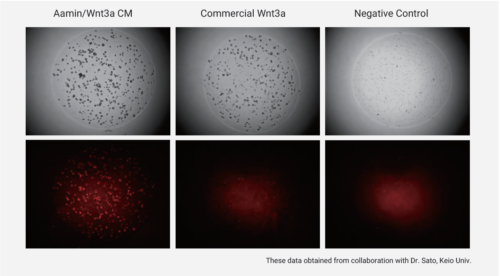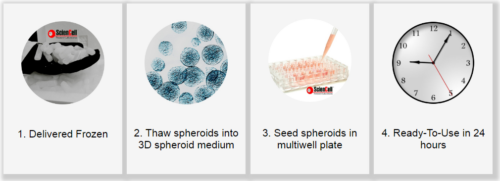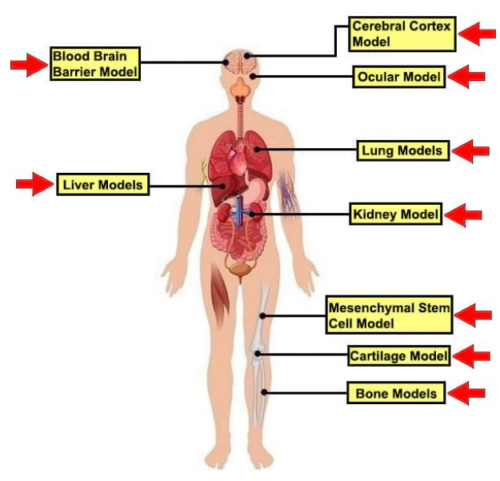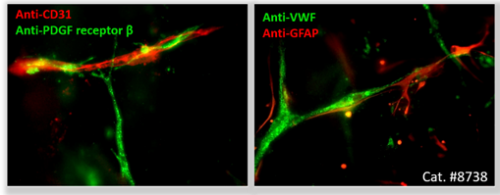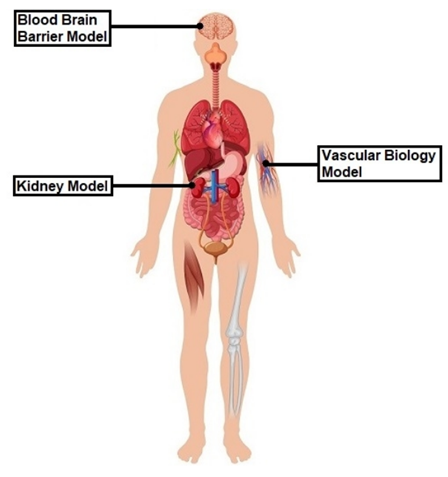MBL International: Afamin/Wnt3a CM
Organoid Culture
Wnt signaling is known to be involved in early development, maintenance and regeneration of stem cells, and in cancer formation. Wnt signaling has also been found to play an important role in the growth and maintenance of these processes. In particular, Wnt3a has been revealed to be an essential niche component for maintaining the proliferation of Lgr5-positive stem cells in intestinal epithelial cells and is used for the production of various digestive organoids such as the small intestine, large intestine, stomach, pancreas and liver. Although Wnt3a has been conventionally used for the culture of gut organoids, it is a fat-soluble protein, so it forms aggregates in serum-free medium and cannot exert its activity sufficiently. In 2016, Mihara et al. found that high Wnt3a activity can be maintained by forming a complex with Wnt3a by Afamin, which is one of the components of serum. In addition, by using Afamin and Wnt3a complex for organoid culture, long-term culture of organoid becomes possible. This new medium will result in optimal success for your organoid experiments.
| Article number |
Description |
| J-ORMW301R |
Afamin/Wnt3a CM |
Mechanism of Wnt3a Stabilization by Afamin Proteins
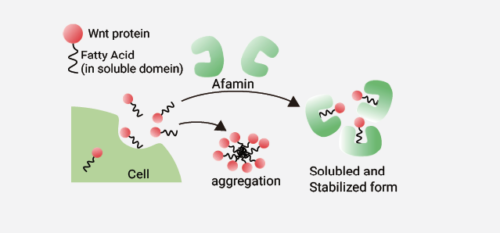
Afamin/Wnt3a CM increased Lgr5 Positive Stem Cells Expressed td Tomato
